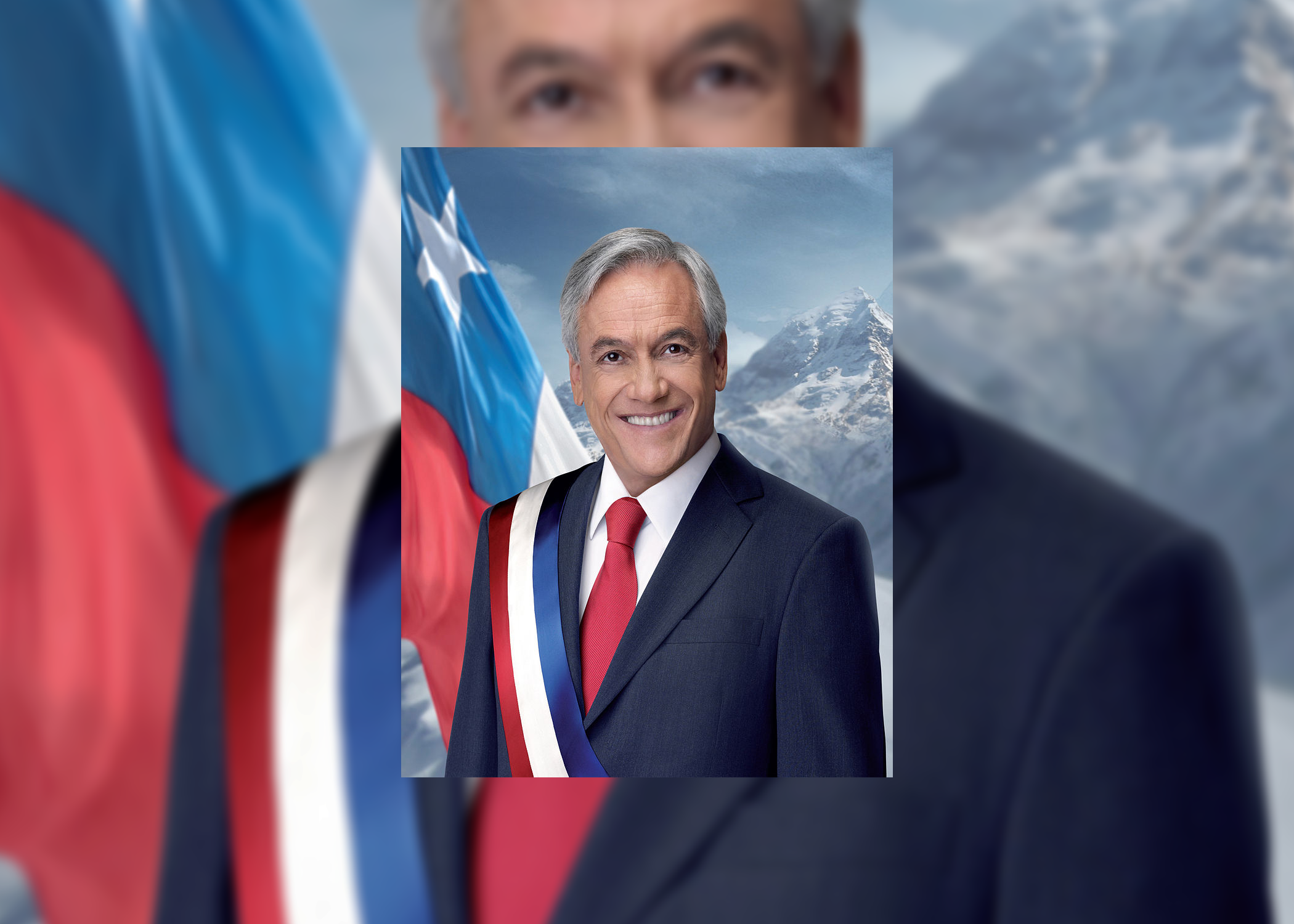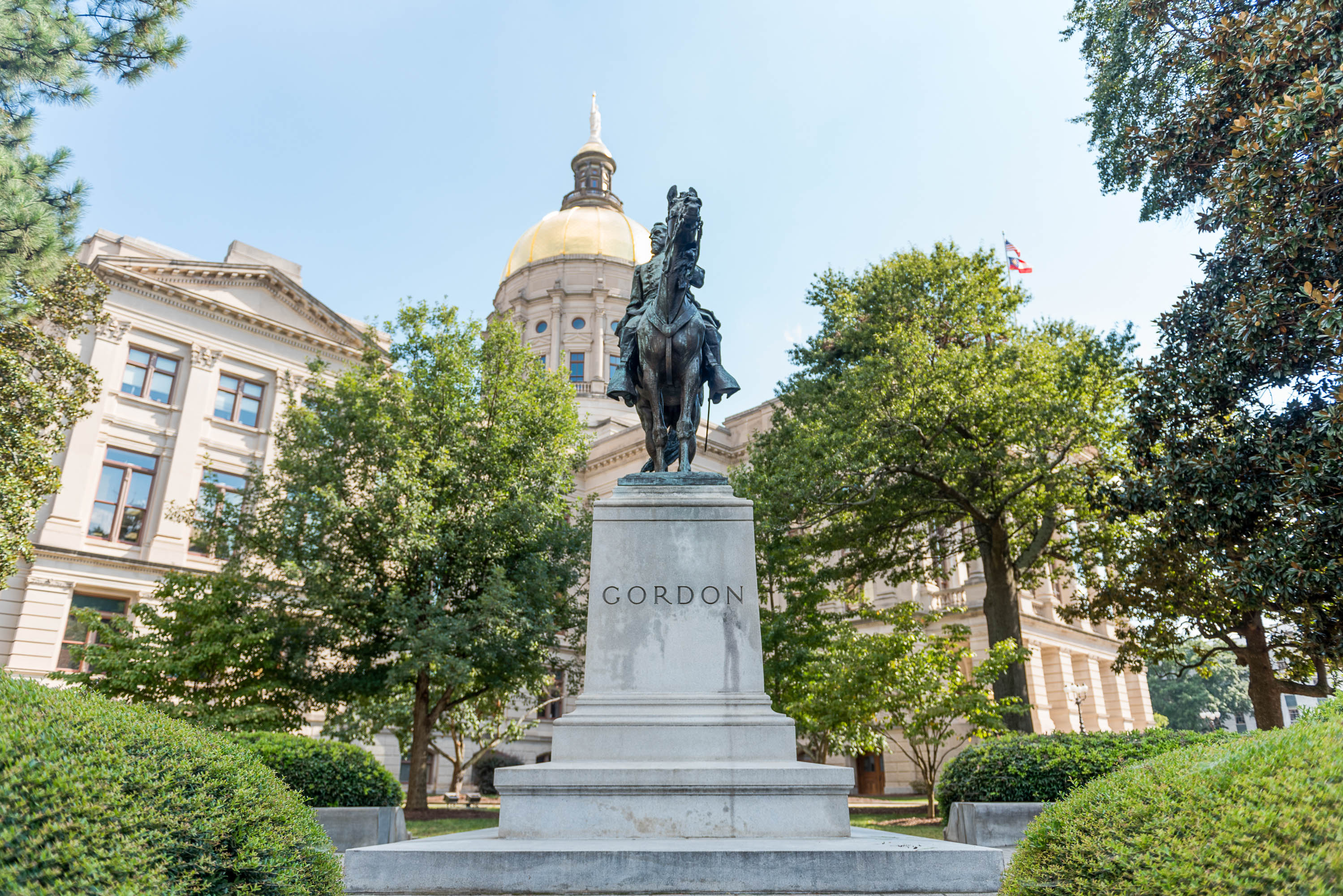What Happened?
President Sebastián Piñera of Chile declared a state of emergency Friday, Oct. 18, amid violent protests against the rising cost of living and public transportation across the country.
“The objective of this state of emergency is very simple, but very profound,” Piñera said in a public statement. “It’s to ensure public order, bring peace to Santiago and protect public and private property.
According to CNN, protestors vandalized multiple metro train stations as well as setting fire to the Enel Chile Power company building. The Guardian reported that 62 police officers were injured by Sunday.
In Context
Piñera said that currency exchange fluctuations made it necessary to raise the price of public transportation in Chile, according to CNN. The fares rose from the equivalent of $1.12 USD to $1.16, as reported by the Washington Post.
Fare increases are part of a larger issue of an increased cost of living under the administration of Piñera, which has allowed mass privatization of basic necessities such as transportation, water and highways.
According to Reuters, Interior and Public Security Minister of Chile Andres Chadwick cited 70 incidents of violence among protestors, including 40 looting incidents in supermarkets and businesses.
Chadwick said more than 10,000 members of the military and police are stationed in the capital city of Santiago — the first such instance since the military dictatorship of Augusto Pinochet ended in 1990, according to the Associated Press.
The Latest
According to BBC News, the total number of people killed amid the protests is at 11 as of Monday. More than 1,400 people have been detained across the country.
Three people died Saturday after a supermarket was set ablaze by protestors, according to NBC. Santiago mayor Karla Rubilar tweeted a statement regarding the situation.
“We regret to inform that according to preliminary information from Chilean police two people were found fatally burned in San Bernardo and a seriously injured person was moved to [a] hospital where they died,” Rubilar said.
Five more people died after a garment factory was set on fire, while three additional deaths were reported in unknown circumstances, according to BBC.
Rubilar said a transportation deadlock took place at Chile’s international airport on Sunday causing flights into and out of Santiago to be suspended or canceled due to crew members and airport staff being unable to make it to work, according to Reuters.
According to Fox News, the Chilean Army declared a curfew in Santiago between 10 p.m. on Saturday and 7 a.m. on Sunday. Piñera said Saturday that he will be reversing the price increase of public transportation in Chile in response to the protests that have occurred throughout the weekend.



